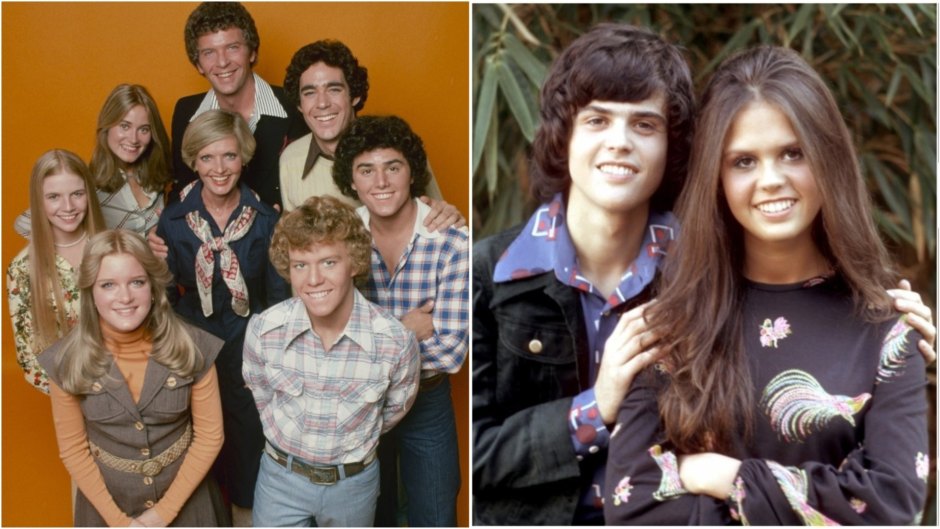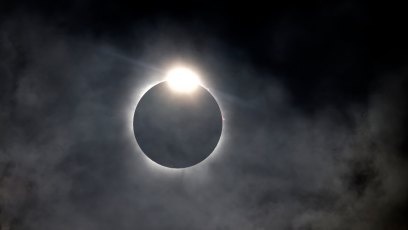
Bruce Vilanch Remembers Writing for ‘Donny & Marie,’ The Bradys and Paul Lynde in Our Classic TV Podcast (Exclusive)
Back in the 1970s, variety shows were everywhere. We had The Carol Burnett Show, The Sony & Cher Comedy Hour, The Dean Martin Show and so on. But then there was Donny & Marie, a weekly showcase for siblings Donny Osmond and Marie Osmond; and one of the most bizarre ever produced, The Brady Bunch Variety Hour, both of which had one thing in common: writer Bruce Vilanch. A six-time Emmy winner, early in his career he would also write The Paul Lynde Halloween Special, and become head writer for and a player on The Hollywood Squares.
“When I first came out to California,” Bruce explains in our exclusive podcast, “I’d been with Manhattan Transfer, which was a very short-lived variety show on CBS that people liked a lot, but the networks weren’t doing those kind of hip shows. I knew I’d have to work on something less hip, and Florence Henderson, who was a friend of mine, said, ‘Come do The Brady Bunch Variety Hour. No one will ever say you’re too hip again.’ And I said to myself, ‘Okay, I’m up to that task.'”
Bruce on The Brady Bunch Variety Hour: “It was really a meta show. The idea was that the Bradys had become TV stars; they live in a house in Malibu and they do a TV show every week with stars and they interact with them. So these are all real people interacting with real people, but they all happen to be Hollywood stars. It’s just crazy, but it worked for Burns & Allen and it worked for Jack Benny — which weren’t as ancient shows back then as they are now — and we tried. It was so strange, but we knew when we were doing it that it was ridiculous. We only did nine, but I wanted it to get picked up. I wanted to buy a house.”
Bruce on Donny & Marie: “When I went over to Donny & Marie from the Bradys, as the kids got a little older they wanted us to make things more adult. Of course, with the Mormons watching over everything, you heard ‘No’ a lot. You know, ‘She can’t do that, she’s too young to do that, that goes against our principles.’ So it became a running gag about all the stuff we couldn’t do.”
Bruce on Paul Lynde: “I think he had a deep unhappiness, because he couldn’t translate his talent into anything more than a flavor. He would be the best friend, or the insurance salesman, but it would always be the foil. He was the guy the hero came up against; he was always standing in the way of somebody doing something — and that’s what was funny about him. It was a tough situation, because he had tons of money, but he was a closer. He would do one line that would bring the house down, and then he would come back 20 minutes later. That’s not what he wanted to do. And that made him really unhappy and was a source of his bitterness.”
For much more from Bruce Vilanch, just check out the podcast above. Be sure to check out and subscribe to our Classic TV Podcast for more interviews with your favorite stars!
And special thanks to celebrity impersonator extraordinaire Rich Little for providing the intro to this installment of the podcast.








































